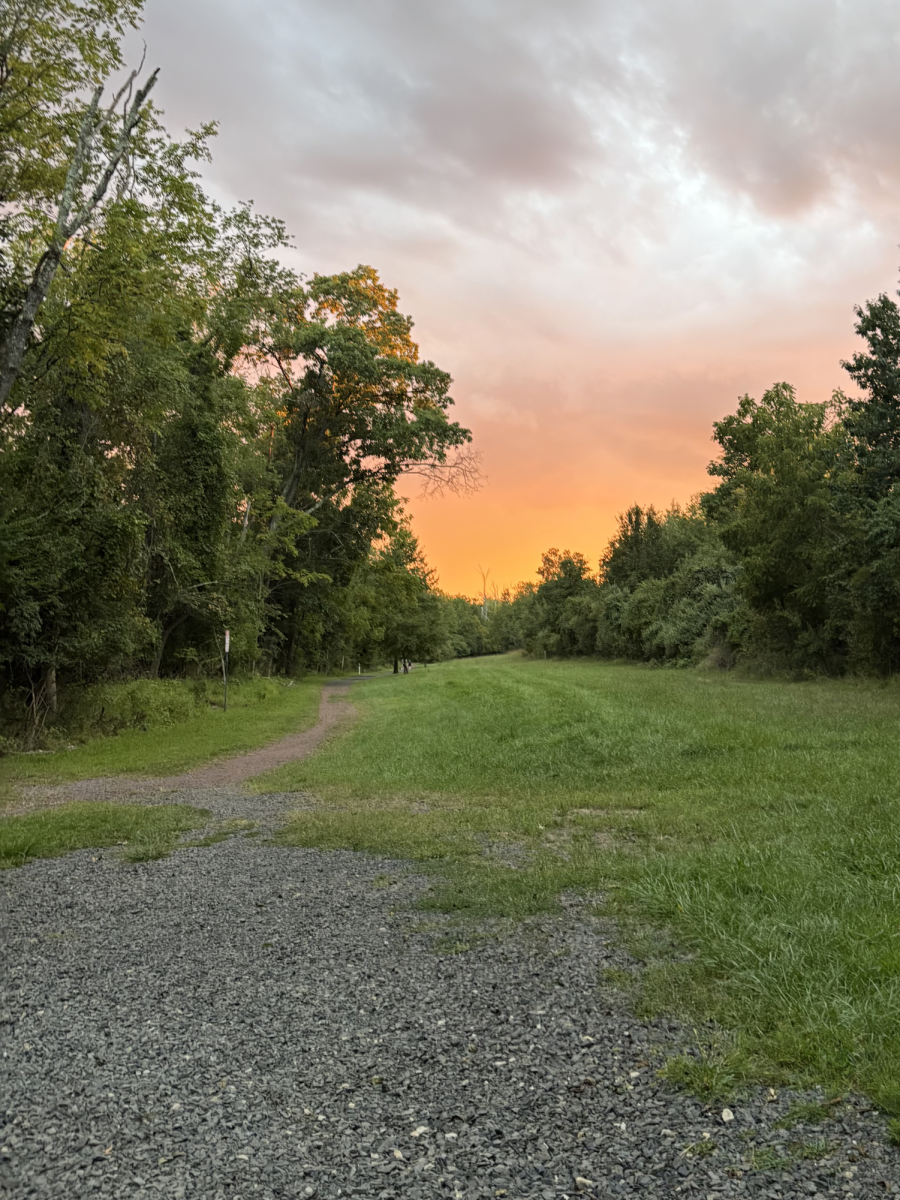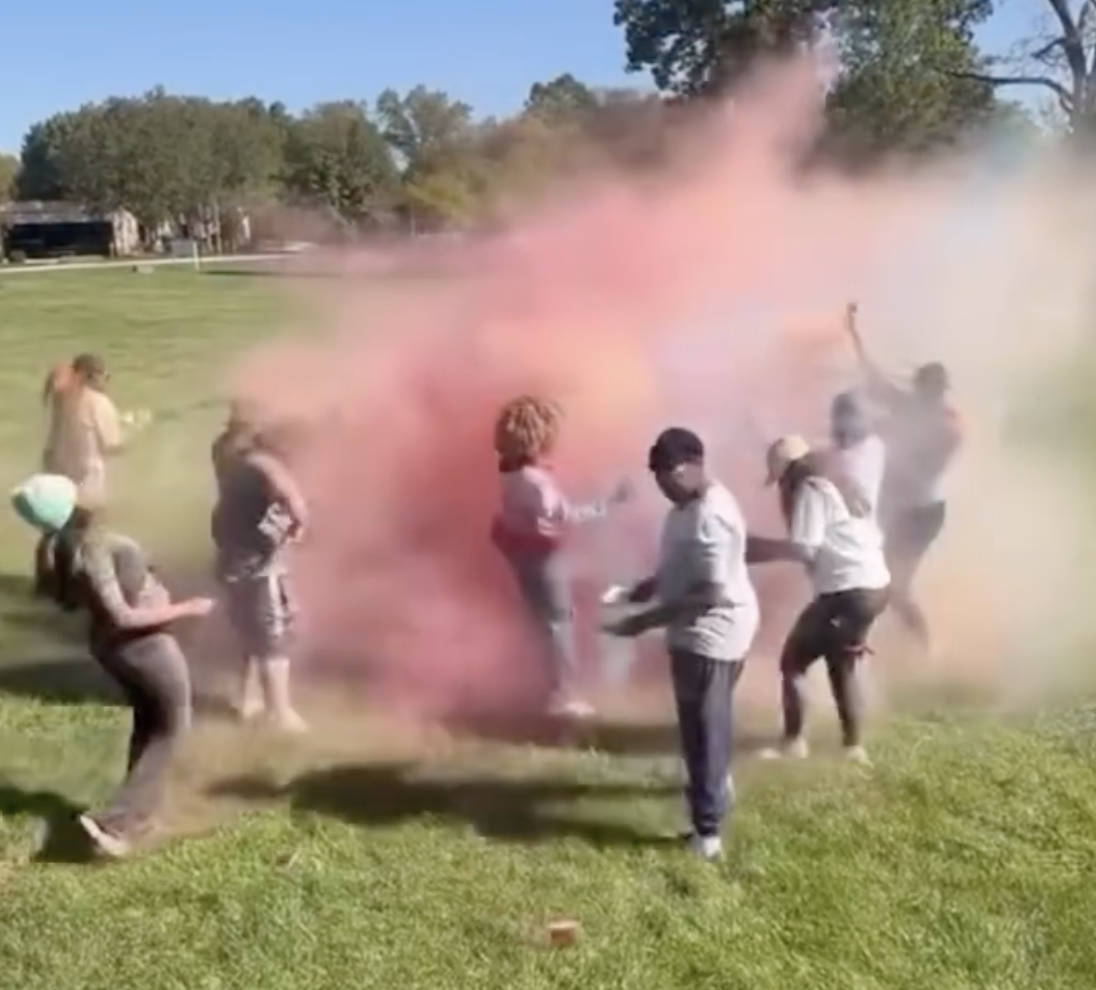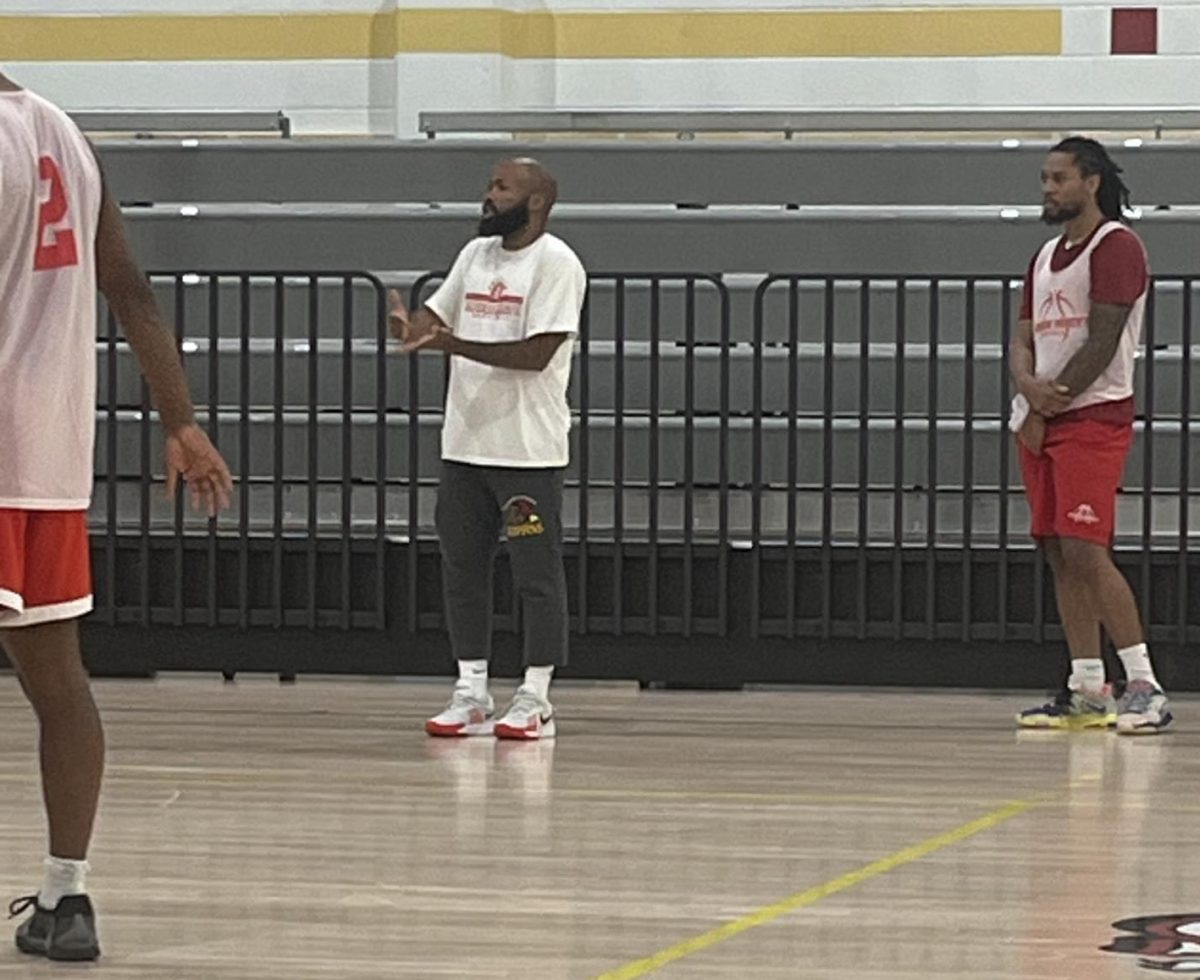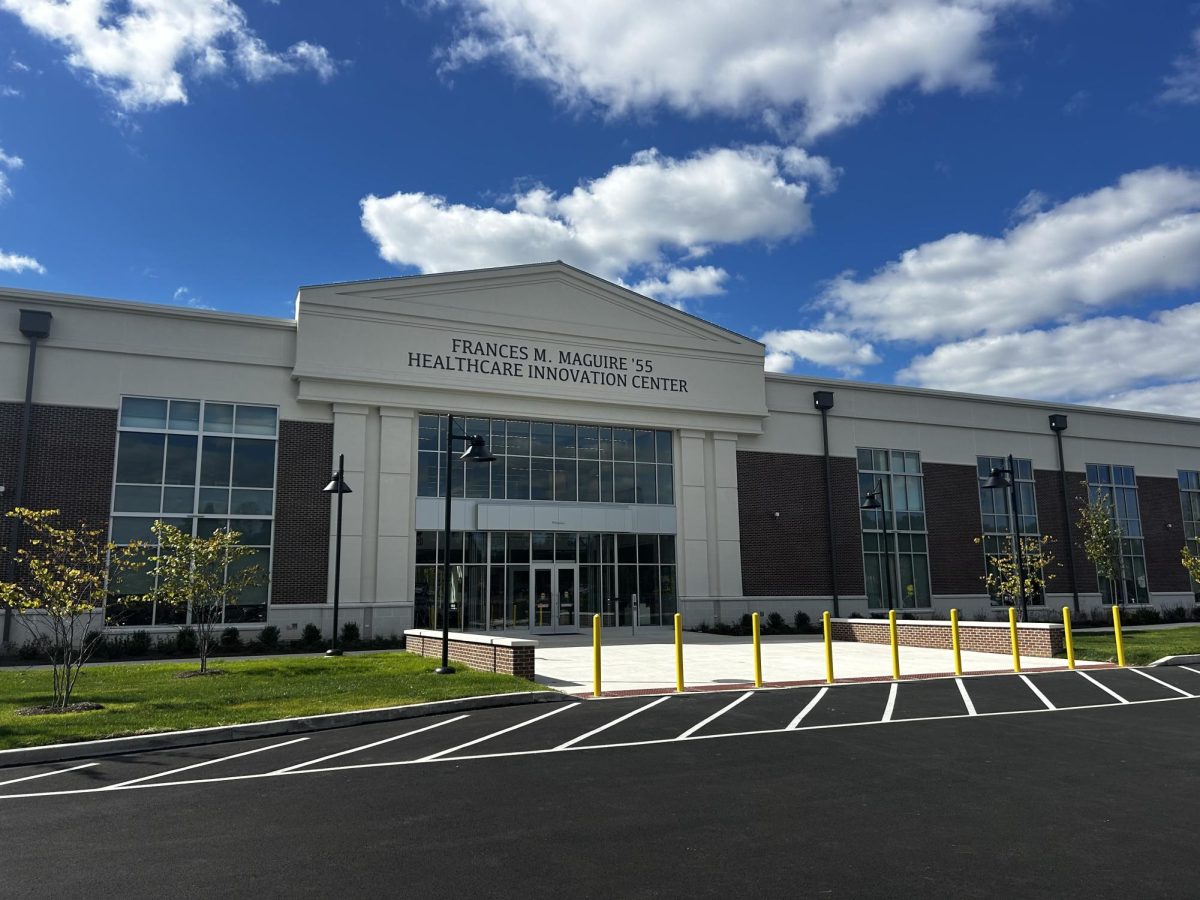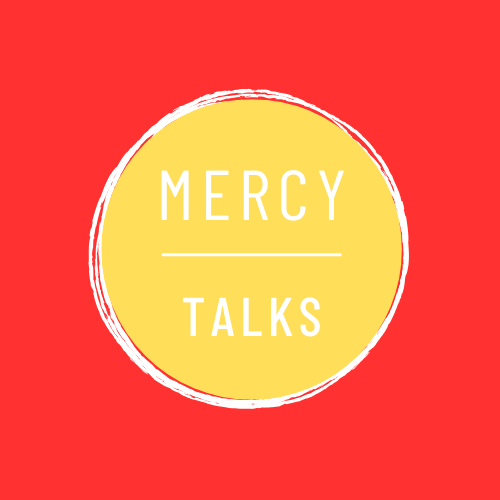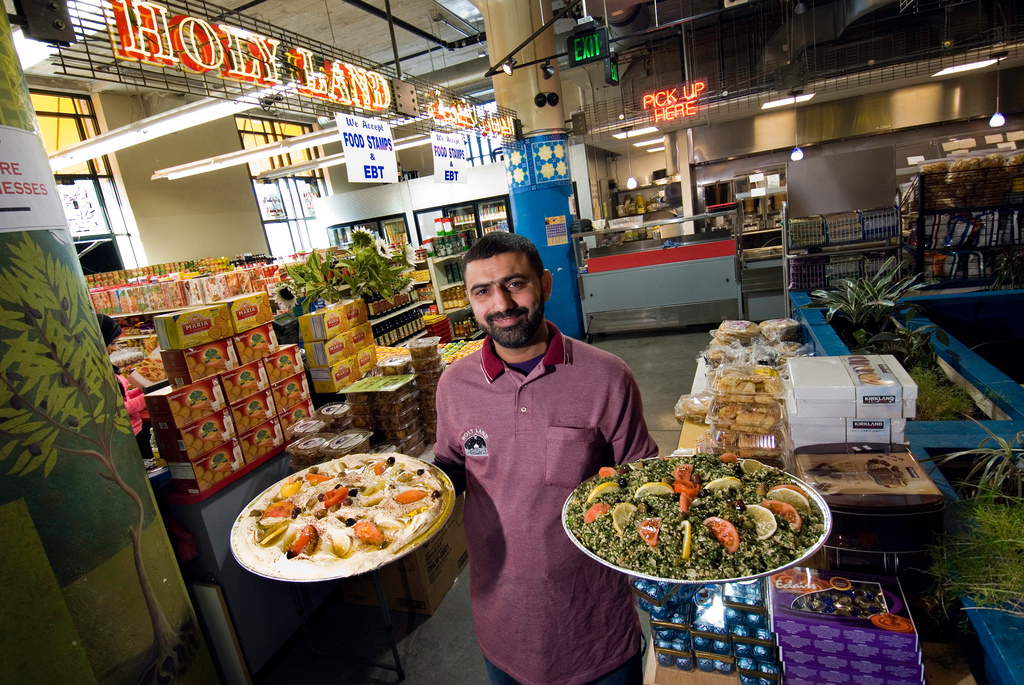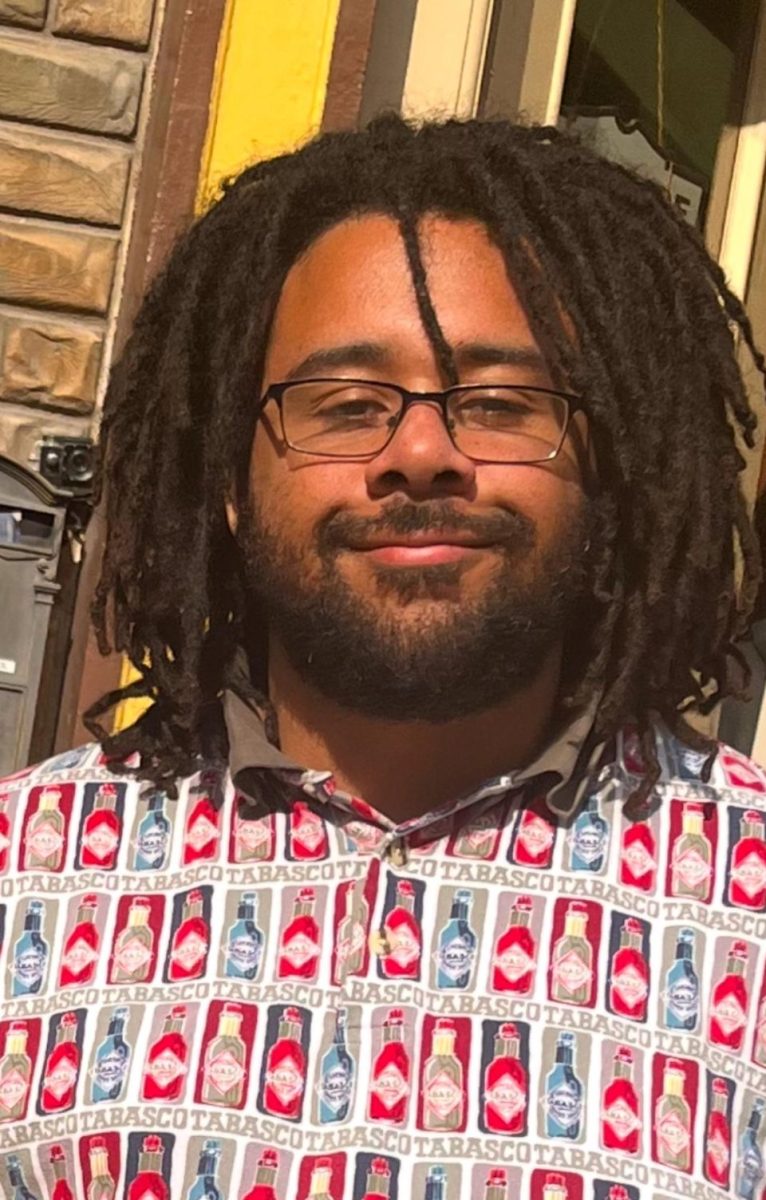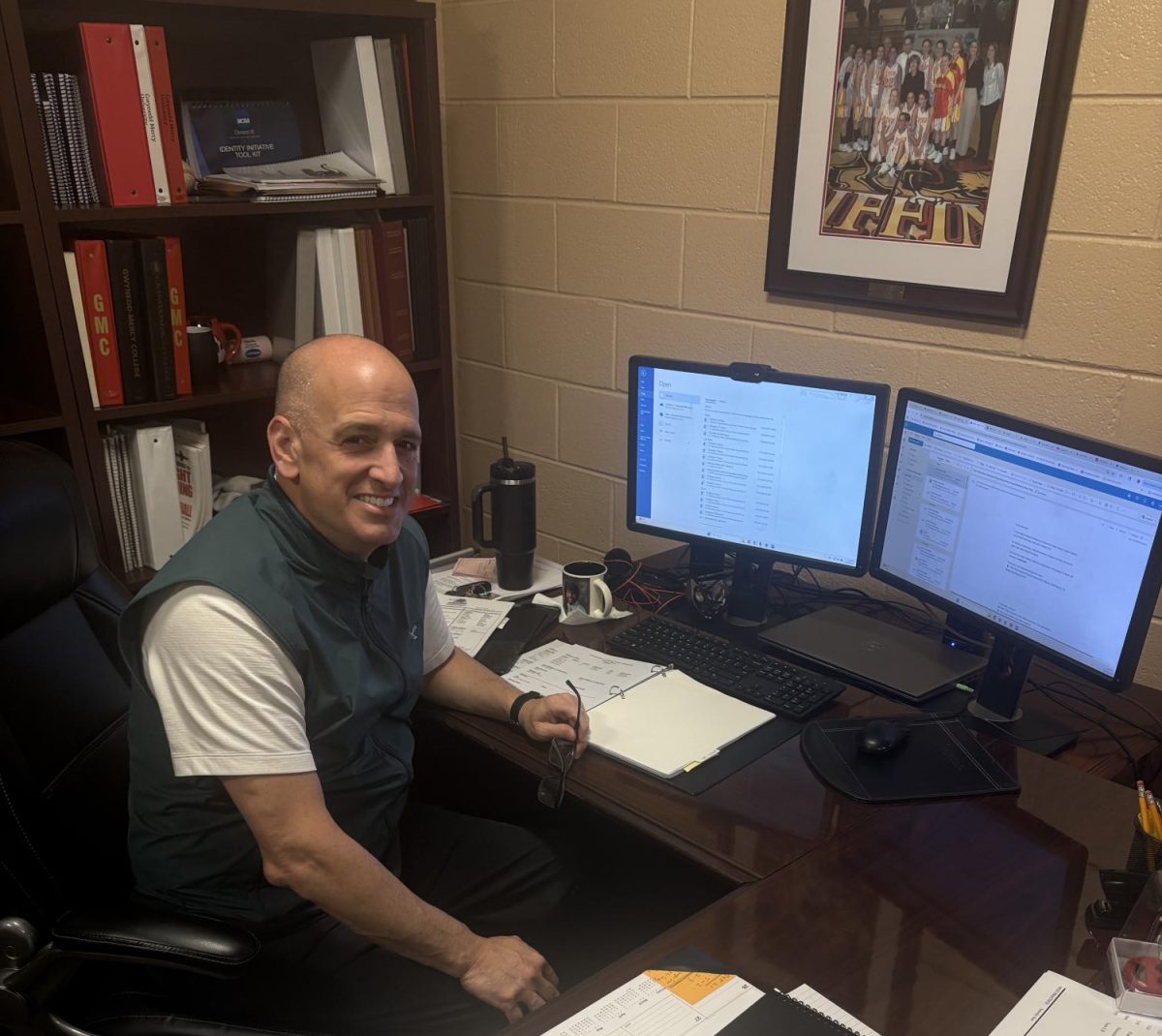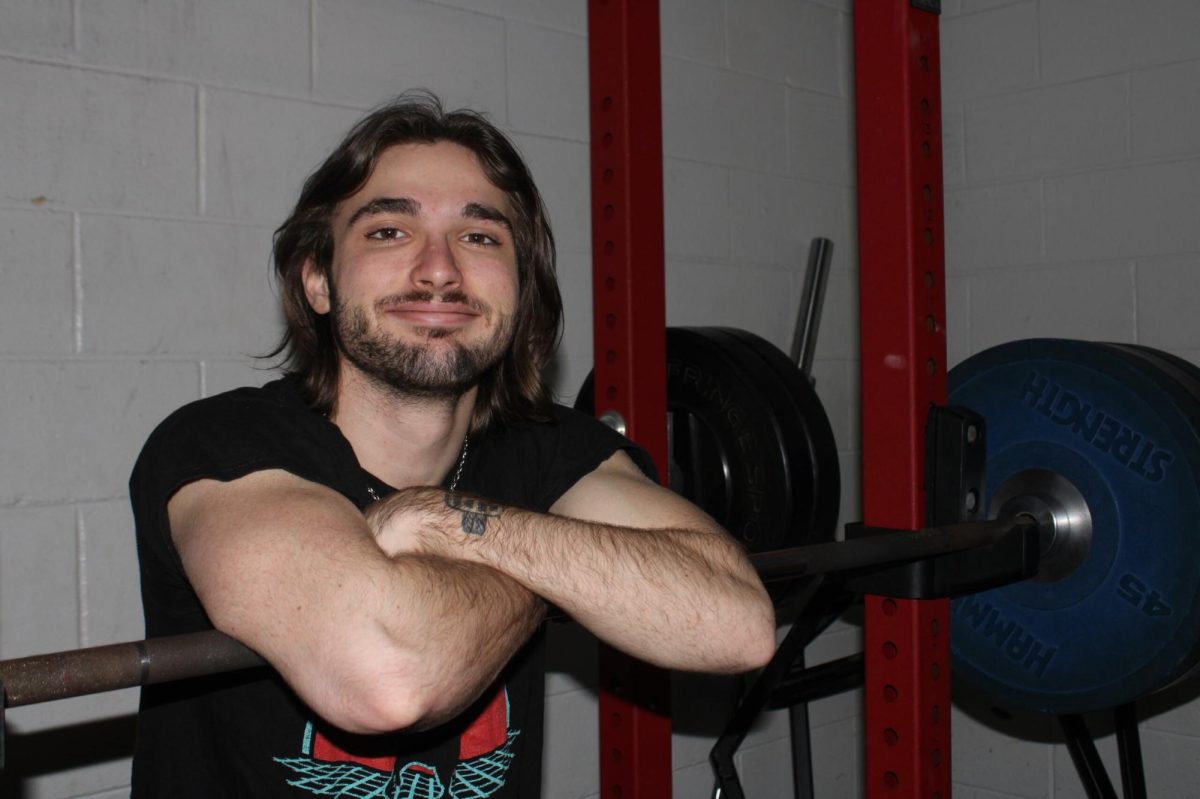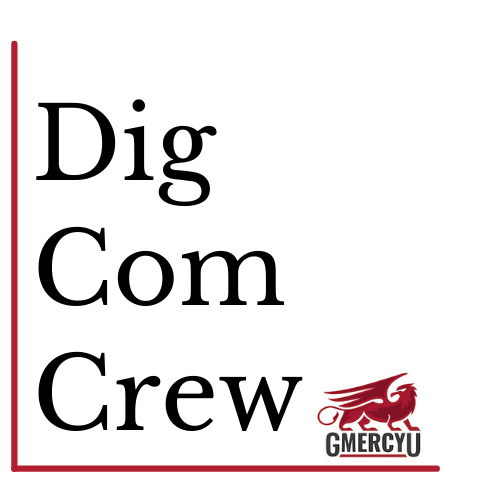xxx
When I joined Digital Communications Crew (DCC) at Gwynedd Mercy University, I didn’t fully realize how much it would shape my identity — not just as a content creator, but as a storyteller, a listener, and a collaborator. From scripting short-form videos to conducting interviews with faculty and students, every project pushed me to grow both creatively and professionally.
x
x
This blog is a look behind the scenes: the highs, the lessons, the bloopers, and most importantly—the impact these stories had on our community and on me.
Finding the Story: Behind the Scenes of Each Project
One of the most surprising things about working with DCC was how much time goes into finding a story, not just filming it. A lot of people think we just show up with a camera and hit record—but it starts way before that. There’s research, scheduling, sometimes rescheduling, figuring out who’s comfortable on camera, and what message we want to leave the audience with.
For example, when we covered the Pride Flag Raising Ceremony, we didn’t just capture visuals. We spent time thinking about who should speak on camera, how to make the space feel welcoming, and how to ask questions that would get genuine, emotional responses. Getting those raw, heartfelt moments is never accidental—it’s about building trust and creating room for people to feel seen.
Another example was the “Walking the Path of Peace Through Faith” video. That story took a lot of planning—from coordinating interviews to figuring out the right tone. We didn’t want it to feel preachy or overly dramatic. We wanted it to be real and reflective. I remember having to adjust the structure several times based on how interviewees opened up. It taught me to be flexible and to listen more than I talk—something that’s helped me far beyond just video work.
Why These Stories Matter to GMercyU
A lot of people ask, “Why do these short videos even matter?” And honestly, I’ve asked myself that, too. But the answer always comes back to this: our stories remind people that they belong.
At GMercyU, we have students of all backgrounds—first-gen, transfer students, commuters, athletes, future nurses, activists. Our stories shine a light on voices that might otherwise go unheard. Whether it’s highlighting a student leader in SNAP, showcasing the Mercy Talks series, or covering a campus-wide event, each video says: This is who we are. These are the people who make up our community.
It’s easy to get caught up in grades or deadlines, but these videos slow things down. They give us space to reflect on what we’re building here together.
What I Learned: Real-World Skills in Action
Before joining DigComCrew, I had some background in video editing and social media—but this experience took everything to another level. I got hands-on practice using Adobe Premiere Pro, learned how to work with lower-thirds, fix audio issues, and color-correct footage. I also learned what it means to tell a tight story—how to keep things engaging while staying true to the message.
One of the biggest skills I developed was interviewing. It’s not just about having good questions—it’s about making people feel safe enough to answer them. I also had to think about pacing, cutting awkward pauses, and editing around filler words (including my own). The work made me sharper, more patient, and more intentional.
I also learned to promote our content across platforms like Instagram and YouTube, and how to write captions and headlines that hook people without sounding clickbaity. These are the same skills employers want to see—so every project doubled as both a creative outlet and a resume builder.
My Favorite Interview
Without a doubt, my favorite interview was with Julianna Green, a GMercyU nursing graduate featured in our SNAP video. She talked about how her experience in the Student Nurses Association helped her land a job at CHOP. But what really stuck with me was how humble she was. She didn’t act like a success story. She was real about the stress, the pressure, and the moments when she doubted herself.
I walked away from that shoot feeling inspired—not just as a content creator, but as a student trying to find my own way. Her words weren’t just a soundbite—they were a reminder that hard work and mentorship do matter.
Biggest Challenge? Time and Trust
The biggest challenge we faced—hands down—was time. Between classes, work, and everyone’s availability, scheduling interviews and shoots was like solving a puzzle with missing pieces. Sometimes we had to adapt fast, or get creative with limited resources. There were moments when things didn’t go as planned—someone canceled, the audio didn’t record, or the lighting wasn’t great. But those experiences taught me how to problem-solve on the fly.
Another challenge was building trust—especially when interviewing people on sensitive topics like identity, faith, or mental health. We weren’t just making promo videos; we were helping people share their truth. That came with responsibility, and I took it seriously.
Teamwork Makes the Story Work
One thing I really appreciated was getting to work with my peers. We all had different strengths—some were stronger with editing, some had a better eye for cinematography, and others were great at writing or voiceovers. We learned how to delegate, give feedback without being harsh, and take turns leading projects.
There’s something powerful about collaborating with people who are also figuring it out. We held each other accountable but also celebrated wins—whether that was finally nailing a transition or watching our video get reposted by the university.
Final Thoughts
Working with DigComCrew gave me more than clips for a portfolio. It gave me a voice—and helped me amplify others’. I’ve gained confidence, technical skills, and a deeper connection to the GMercyU community. Every interview, every late-night edit, every unexpected moment helped me grow not just as a creative, but as a communicator.
And that’s the real power of storytelling: it brings people together. It reminds us that we’re not just students—we’re part of something bigger.

